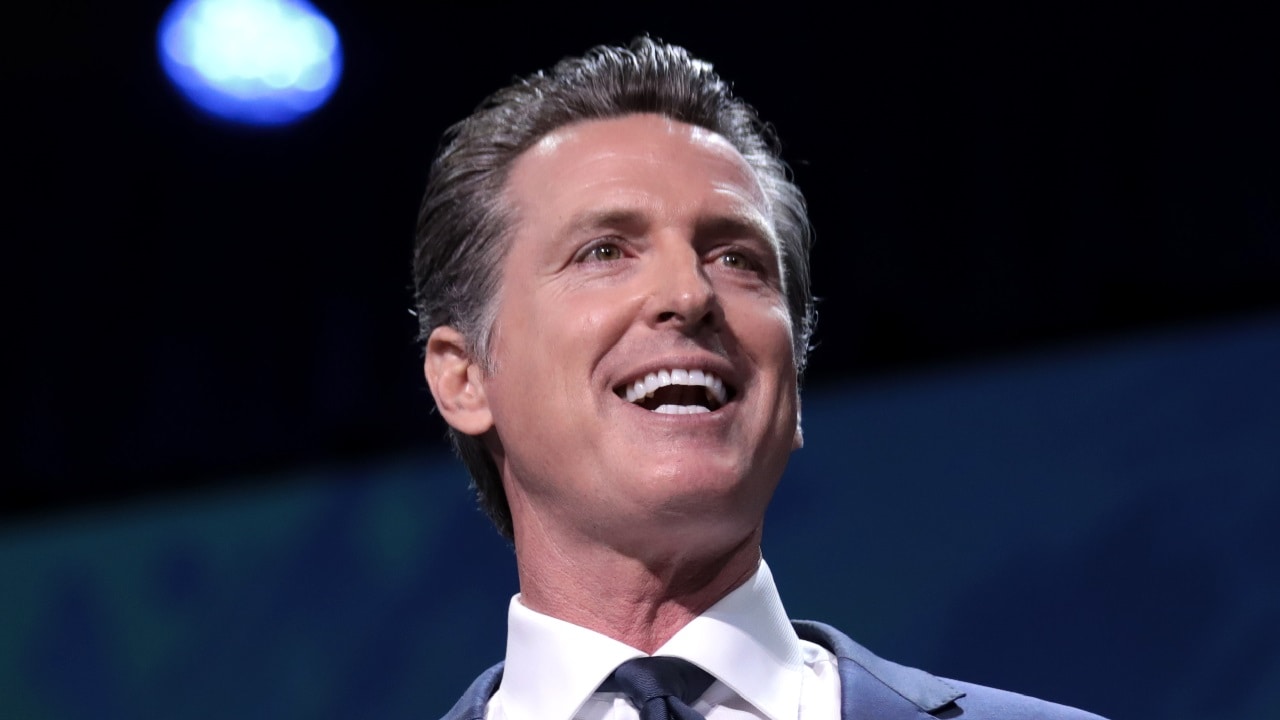Why California Has a Massive Homeless Problem That Seems So Impossible to Fix: It has been said that as California goes, so goes the nation.
While often criticized as the far left, out of touch, and downright incompetent renegade of the republic, there is something worthwhile about an environment that encourages new ideas and innovative solutions, both in business and politics. For years California has led the way in technology, environmental protections while shattering outdated models of society.
Indeed, living in California often feels like living in a separate country altogether. No matter how urgent troubles seem, residents can always count on a panacea of sunshine, 70 degrees, and surf. A friend of mine calls it “the vitamin D problem.” An attitude encapsulated in the west-coast origin phrase “no worries.”
Such a demeanor shouldn’t be dismissed offhand. California’s laissez-faire approach to tradition and structure is what attracts so many dreamers; people who are looking to break free from stifling constructs endured during formative years. Those who assumed they had to pursue a very particular and regimented path to find success.
I should know. I was one of those people.
California, particularly the coastal and Southern regions, fosters creativity and innovation producing economic prosperity. The flourishing of the tech and entertainment industries are prime examples.
However, this approach to life can be so laid back and tolerant that pressing issues seem to lack a sense of urgency they deserve. As any good parent will tell you, coddling can hurt more than it helps.
Such is the case with homelessness.
There is not much I can write about the problem of homelessness that hasn’t been fiercely debated for years now. Almost all scholars and policy experts will tell you the problem of homelessness is complex.
This is not merely an excuse for its proliferation or a lack of action. It is true. There are so many factors that precede being homeless and, while plaguing California, housing seems to present an increasing challenge in cities across the nation. Drug and substance abuse, poverty, lack of affordable housing, a pandemic, even loneliness, all play a part in too many making the streets (or a car, shelter, or motel) their home. Those much more intelligent than I, who have delved into the data regarding the psychology and policies on homelessness, are much better equipped to offer meaningful insights and possible solutions.
But I contend homelessness is a symptom of a larger disease, not the illness itself.
In order to solve homelessness, we need to address the larger malaise of today’s culture – an infatuation with, or possibly a misunderstanding of, liberalism. An idea that freedom entails doing whatever one likes whenever they like it. A notion that discipline, penalty, and consequence are a curtailment on civil liberty. If politics is downstream from culture, such beliefs lead to more than a lack of accountability. They can easily result in policies that at best, leave problems unresolved and at worse, become dangerous.
Take, for example, the young woman brutally murdered in a high-end furniture store on trendy La Brea Avenue in broad daylight in Los Angeles in early 2022. The homeless suspect faces a life sentence for stabbing his young victim 26 times, however he conducted a string of felonies as far away as South Carolina leading up to his most fateful crime.
That same month a homeless man claiming to be God, admitted to killing a woman in Times Square subway station in NYC.
Just a few days ago, in Highland Park, a neighborhood in east Los Angeles, a homeless man wielded a hatchet trying to chop down tree branches. In response, a resident and father of two in the neighborhood stated, “I’ve talked to him a few times. He’s a nice guy, but you know he’s schizophrenic for sure, and it would be great if someone could help him out and get him the help he needs.”
While the compassion is commendable, the disregard for public safety, particularly his own children’s, is irresponsible. It is this kind of overly liberal idea that any poor decision and behavior can be justified by internal suffering that has led to the breakdown of the public institutions that once provided structure and order to society, including churches, schools, family, and law enforcement. There are typically always stories of unfortunate circumstances that lead to a person’s downfall, but that is no excuse for ignoring liability or putting others in jeopardy.
Granted, not all those who are homeless are violent criminals. In fact, a minority of them are not. But many are mentally ill, suffer from substance abuse, and are victims of domestic instability. While not all of these situations are necessarily criminal, they didn’t used to be considered normal or circumstances to be tolerated. There is a fine line between compassion and acceptance.
Many, including the dreamers living in California, need to understand it.
Jennifer Galardi is the politics and culture editor for 19Fortyfive. She has a Master’s in Public Policy from Pepperdine University and produces and hosts the podcast Connection with conversations that address health, culture, politics, and policy. In a previous life, she wrote for publications in the health, fitness, and nutrition space. In addition, her pieces have been published in the Epoch Times and Pepperdine Policy Review. You can follow her on Instagram and Twitter.
From 19FortyFive
The Second American Civil War Has Begun

